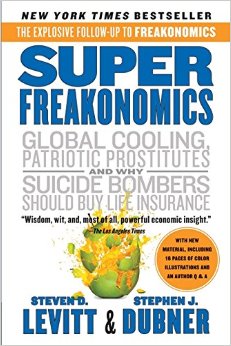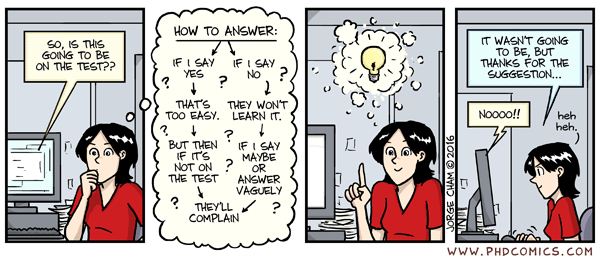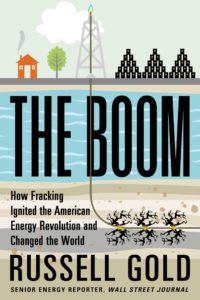Guest book reviews from Maria.
Anticancer: A New Way of Life
by David Servan-Schreiber, 2007
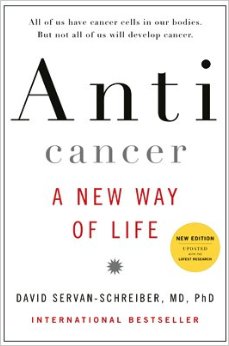
and
Why We Get Fat: And What To Do About It
by Gary Taubes, 2010
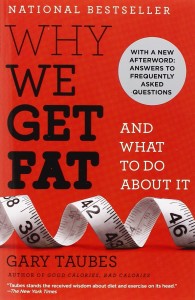
Anticancer: A New Way of Life, which I read quickly in a few bouts over my spring break, combines the author’s personal battle with cancer with a guide to healthy living that he has been practicing as a cancer patient and doctor for the past two decades. Besides the typical “exercise and reduce stress” spiel, he goes into the nutrition and science behind how what we eat affects our bodies’ ability to heal. Most diseases, he says, are caused by inflammation. There are several tables of foods and what kinds of cancers those foods are supposed to help fight against or prevent. (Eric was listening to this book on CD, which goes through those tables too quickly to process or remember, so we rented the book as well.) A few foods that are particularly bad (they cause a lot of inflammation) are refined sugar, white flour, and vegetable oils — basically everything common in the Western diet. A few foods that are particularly good (they help fight inflammation and are packed with nutrients) include fatty fish, broccoli, and green tea. Of course, he is big on organics.
One piece of his advice is to avoid red meat. This needs to be taken with a grain of salt, because he generalizes all red meat – conventional and grass fed – into one lump. Beef has gotten a bad rap because of its imbalance of omega 6 and omega 3 (too much omega 6 is bad). Grass fed beef is much healthier and, personally, I think we don’t need to be afraid of beef if it contains a lot of omega 3. A book I read right before this one, called “Why We Get Fat (and what to do about it)” goes into depth all the science behind eating meat, especially the differences between conventional and grass fed. That book says to eat as much meat as you want, as long as it’s grass fed (and, ideally, organic). Each as many vegetables as you want, especially the green stuff, and especially organic. Carbs — like in refined sugars and flours — are the main evil. They are inflammatory and encourage fat cells to thrive instead of putting their energy into your muscles.
The two books have a lot in common (what not to eat and the role of inflammation in being healthy) and both go into the nutrition and science of food. If you want to figure out why the Western diet makes us fat (along with how to improve your diet), I highly recommend Why We Get Fat. If you want to learn about general healthy practices and specific foods to target cancers, read Anticancer. Read both if you can. I enjoyed both books and they have spurred a revamp of Eric and my diets. We ate well before, but we are more conscious of what we put in our bodies.
